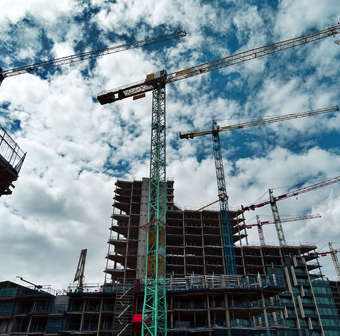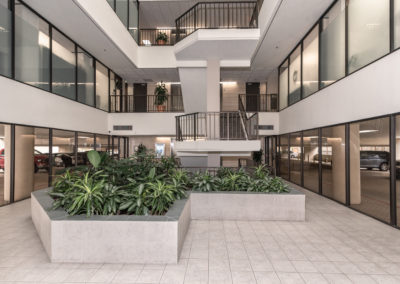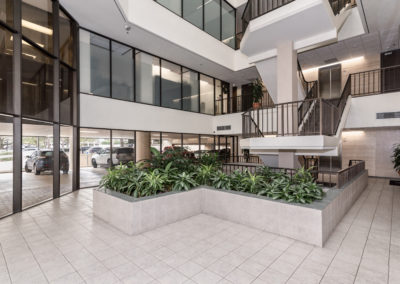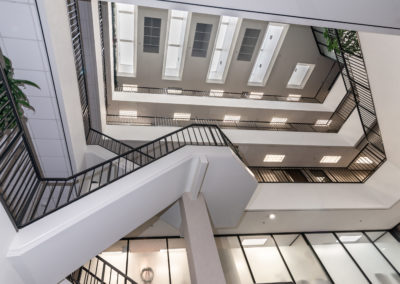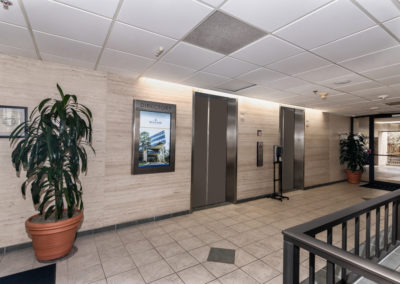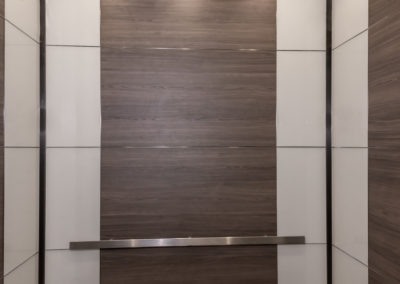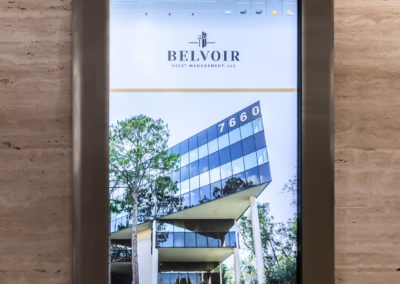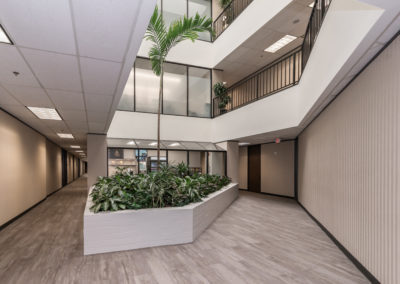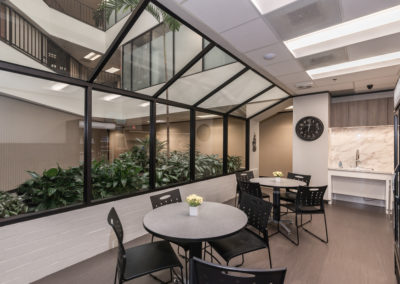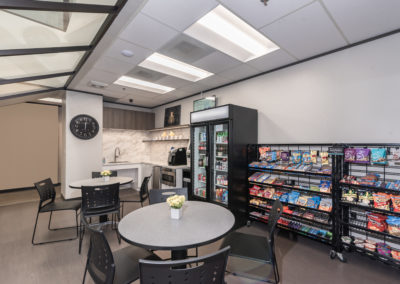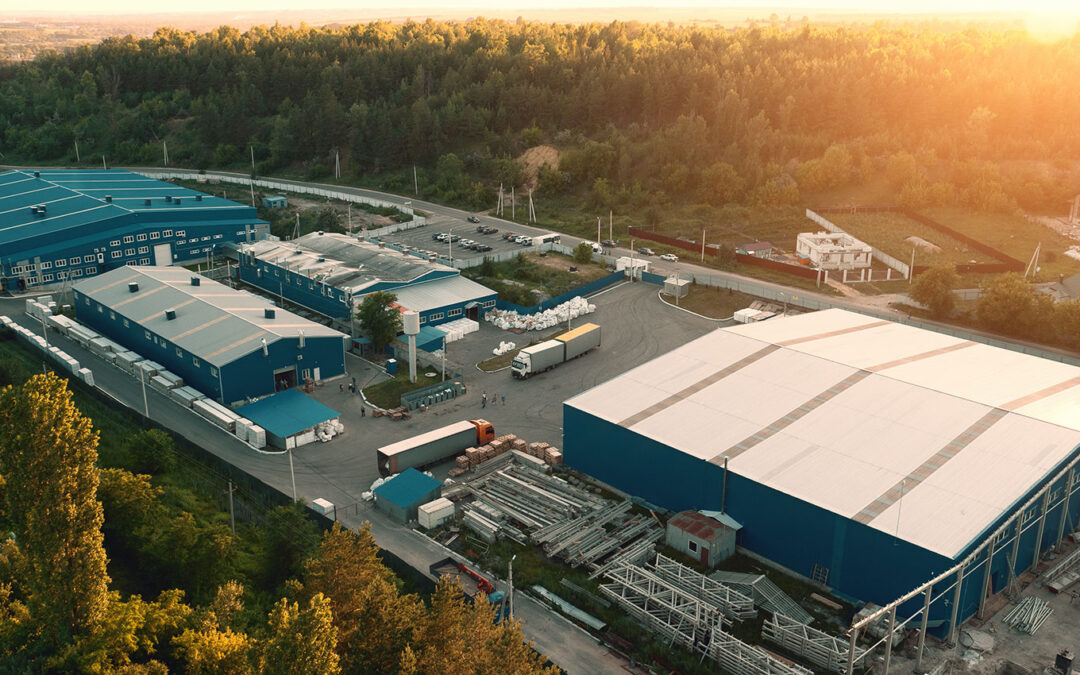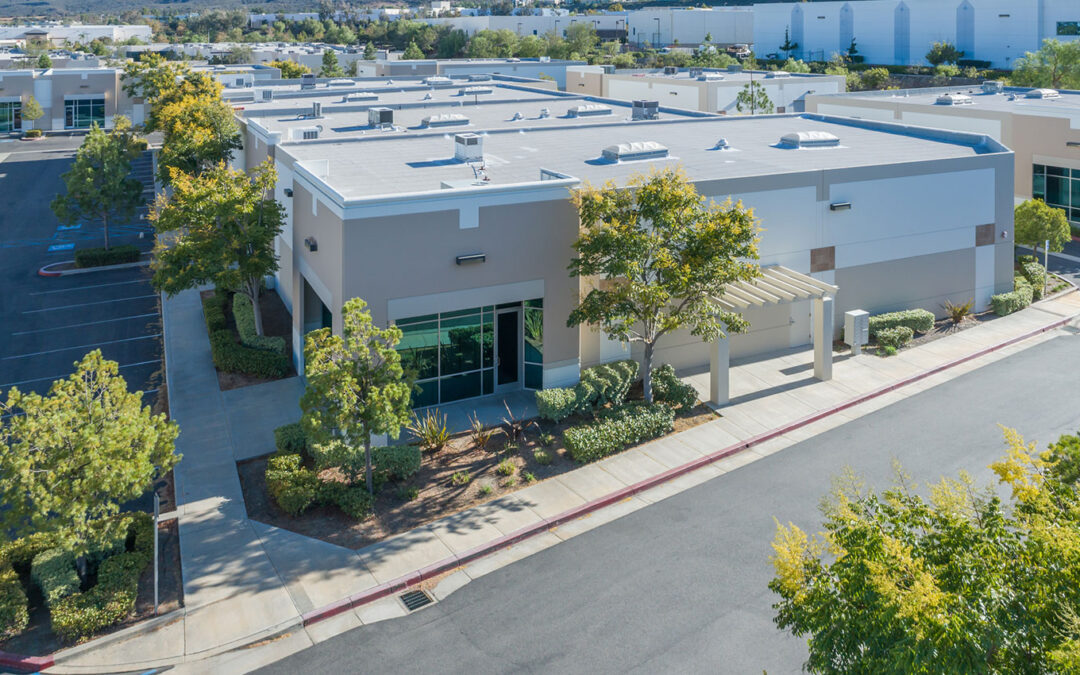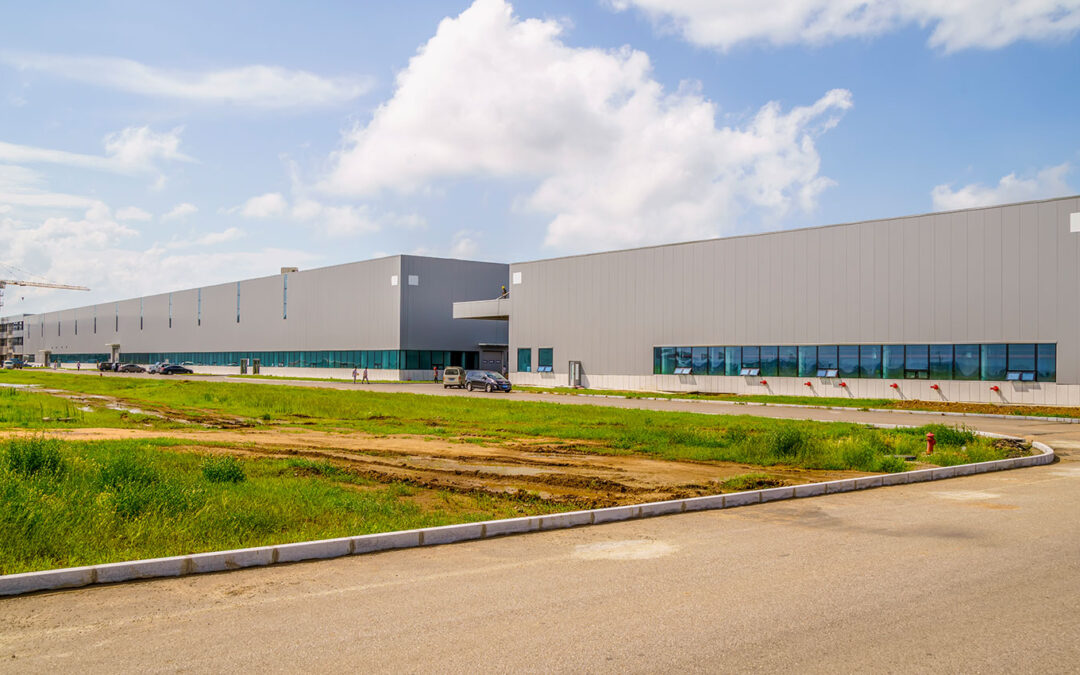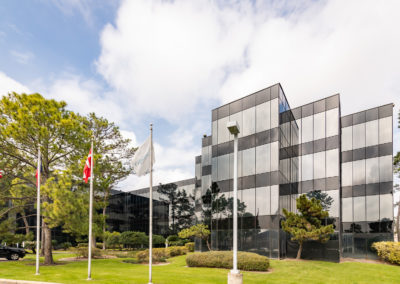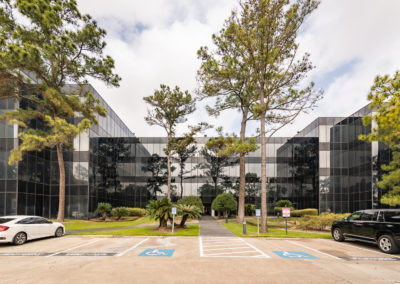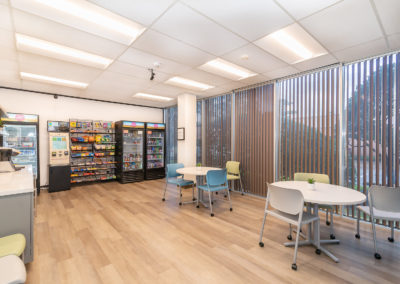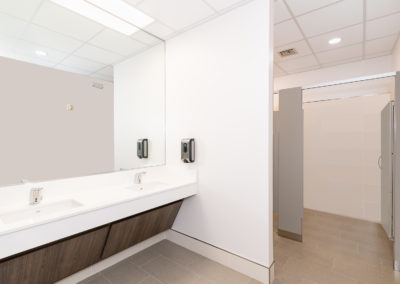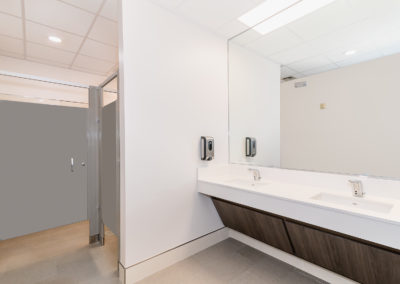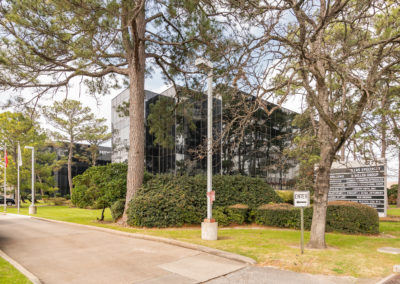Commercial real estate investors have yet another reason to look to the Houston market this year. 150 areas in Houston have been designated opportunity zones as part of the federal Tax Cuts and Jobs Act (TCJA) that was signed into law December 2017. Texas Governor Greg Abbott framed the opportunity zones as a boost for communities still recovering from the devastation wreaked by Hurricane Harvey in 2017. But for real estate investors, it’s a prime opportunity for tax breaks.
What is an Opportunity Zone?
An opportunity zone is an economically-distressed area that has been nominated by the state and certified by the Secretary of the US Treasury to participate in the TCJA program. There are nearly 9,000 of these zones across the country, each one offering tax breaks to real estate investors.
Why Invest?
The law offers significant tax advantages to investors:
- Any capital gains placed in a certified opportunity zone fund are tax-free until 2026. Or, if it’s sold before 2026, taxed at the time of sale.
- Investments held for five years can see 10% of gains eliminated, and another 5% for investments held for seven years. In all, an initial investment can be discounted up to 15% if it’s held 7 or more years.
- For investments held for ten years, the investor pays zero capital gains tax.
What it Means for Houston
Houston’s East Downtown has seen a resurgence since 2012 when the BBVA soccer stadium was completed. Homes, entertainment, restaurants and office space have all exploded in the area making downtown a nightlife destination.
The 150 opportunity zones are concentrated on the east and southwest sides of Houston, many of which are historically industrial areas. Houston Heights and East Downtown were once primarily industrial areas. The Montrose neighborhood, once abandoned by families in favor of the suburbs, is now one of the cities hottest spots and a home to many families, businesses and museums. Numerous Houston neighborhoods have seen new life in recent years thanks to investments, and opportunity zone investments will doubtless spur similar revitalization in the city. Neighborhoods near downtown and where businesses are already growing and establishing themselves (including Greenspoint and other North Houston areas) may be a good place to start.

